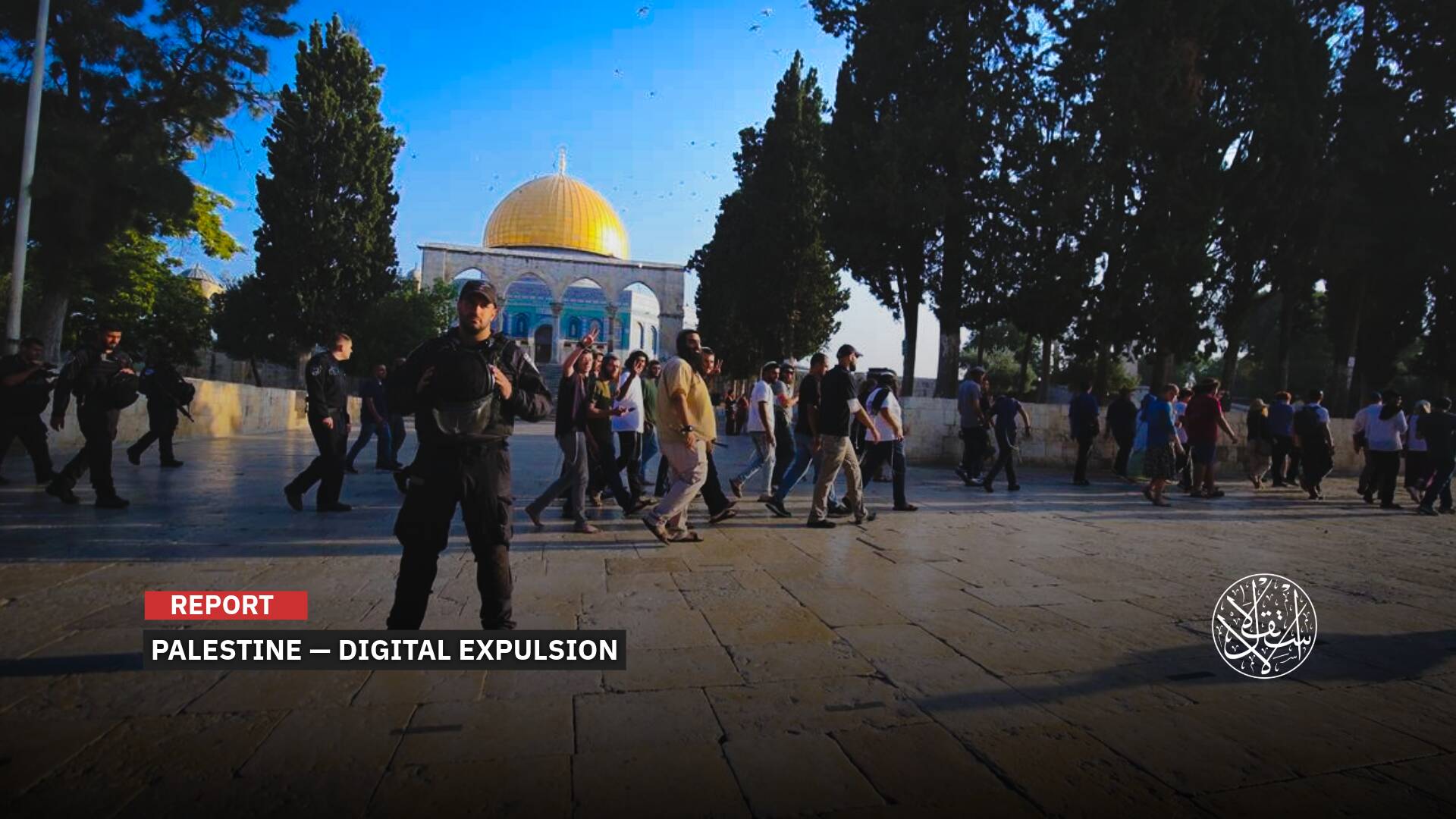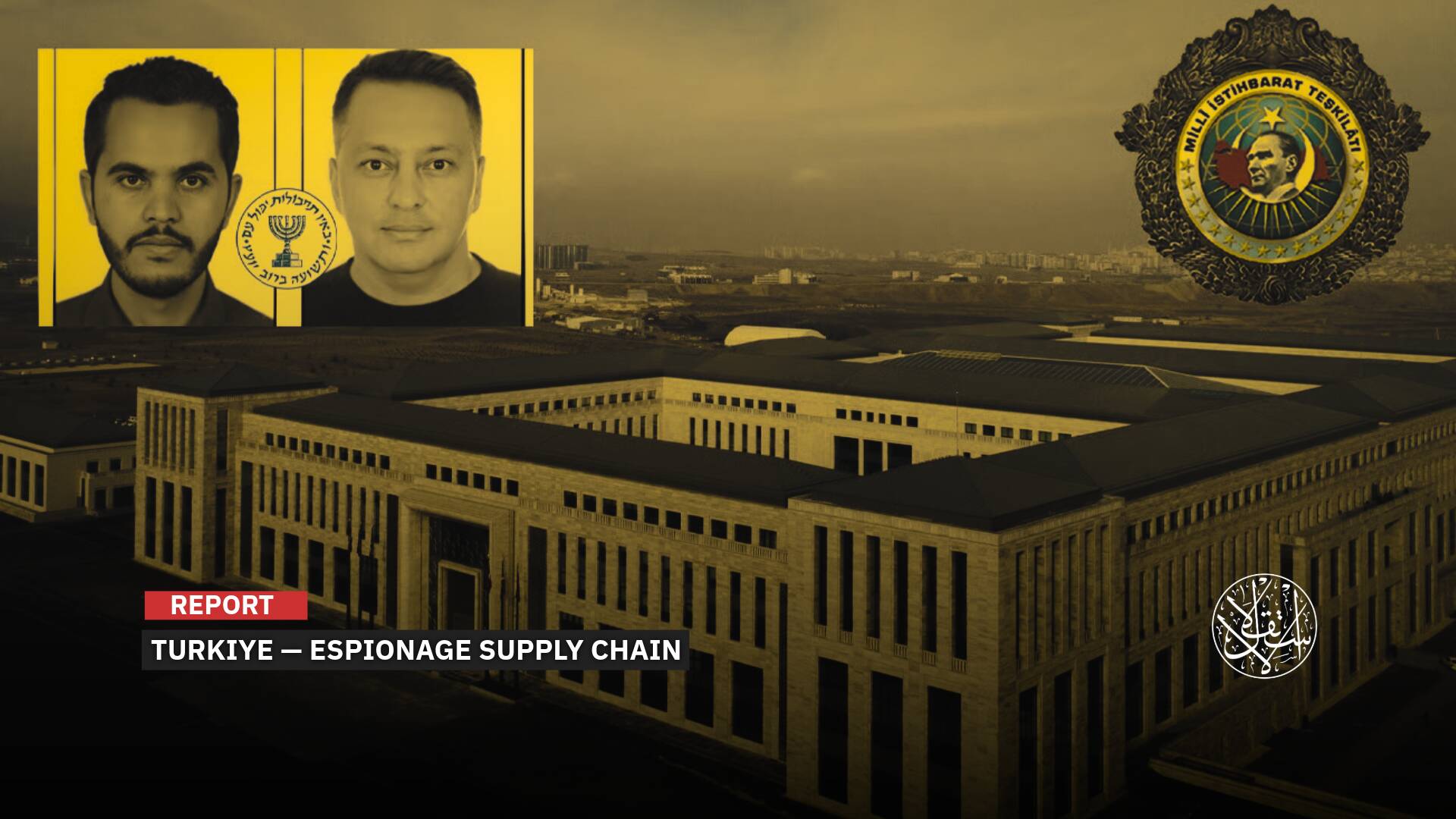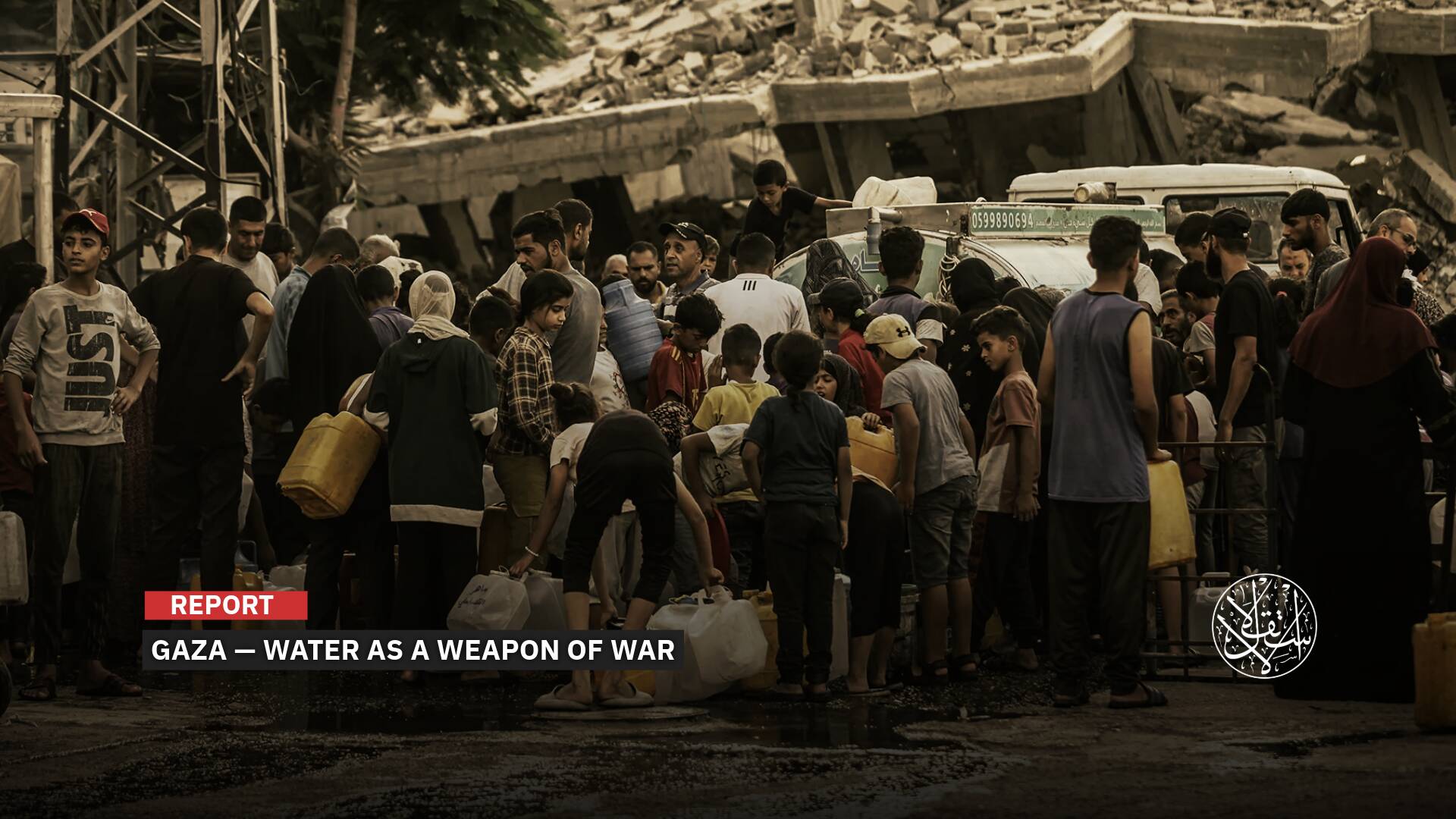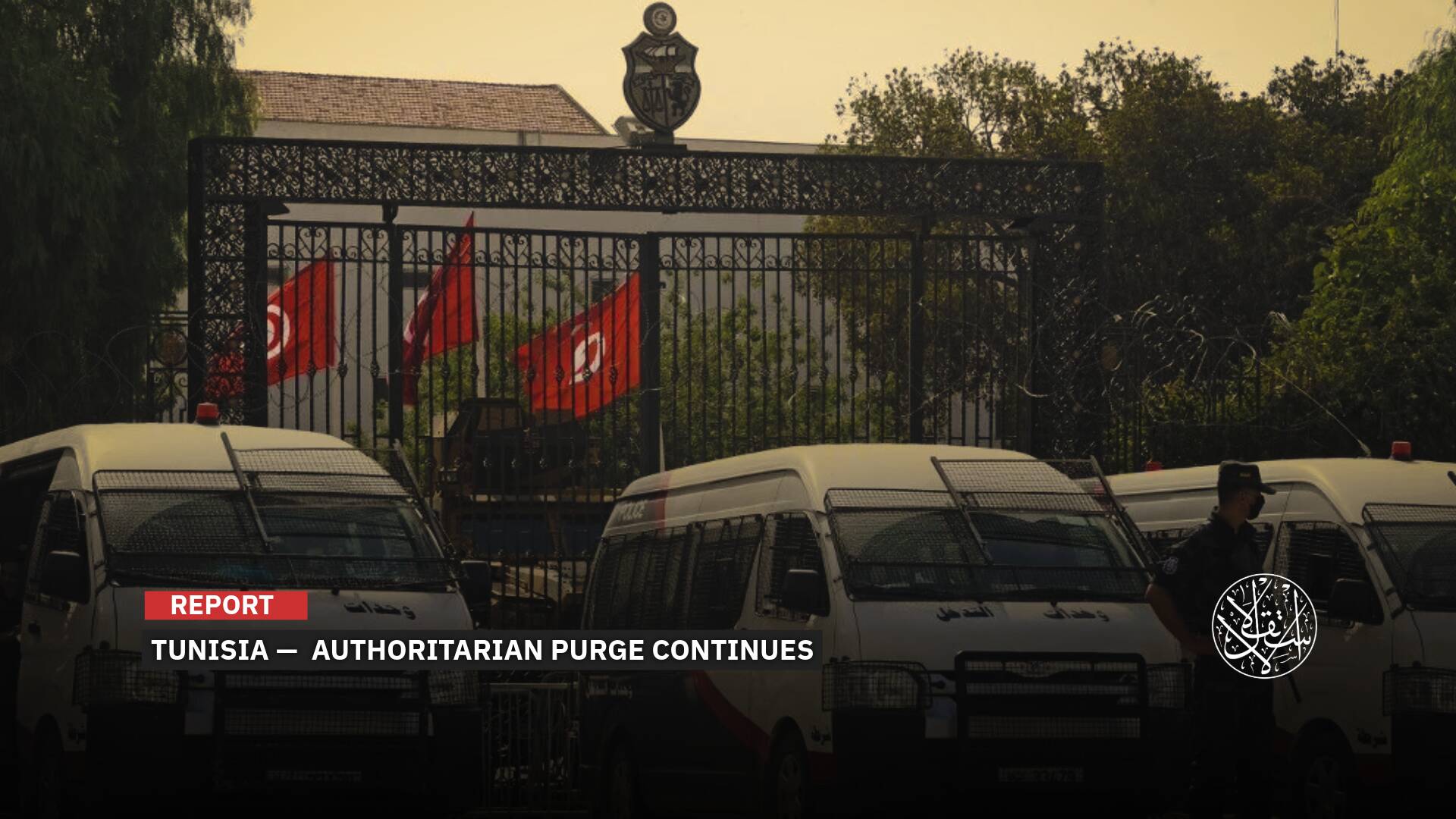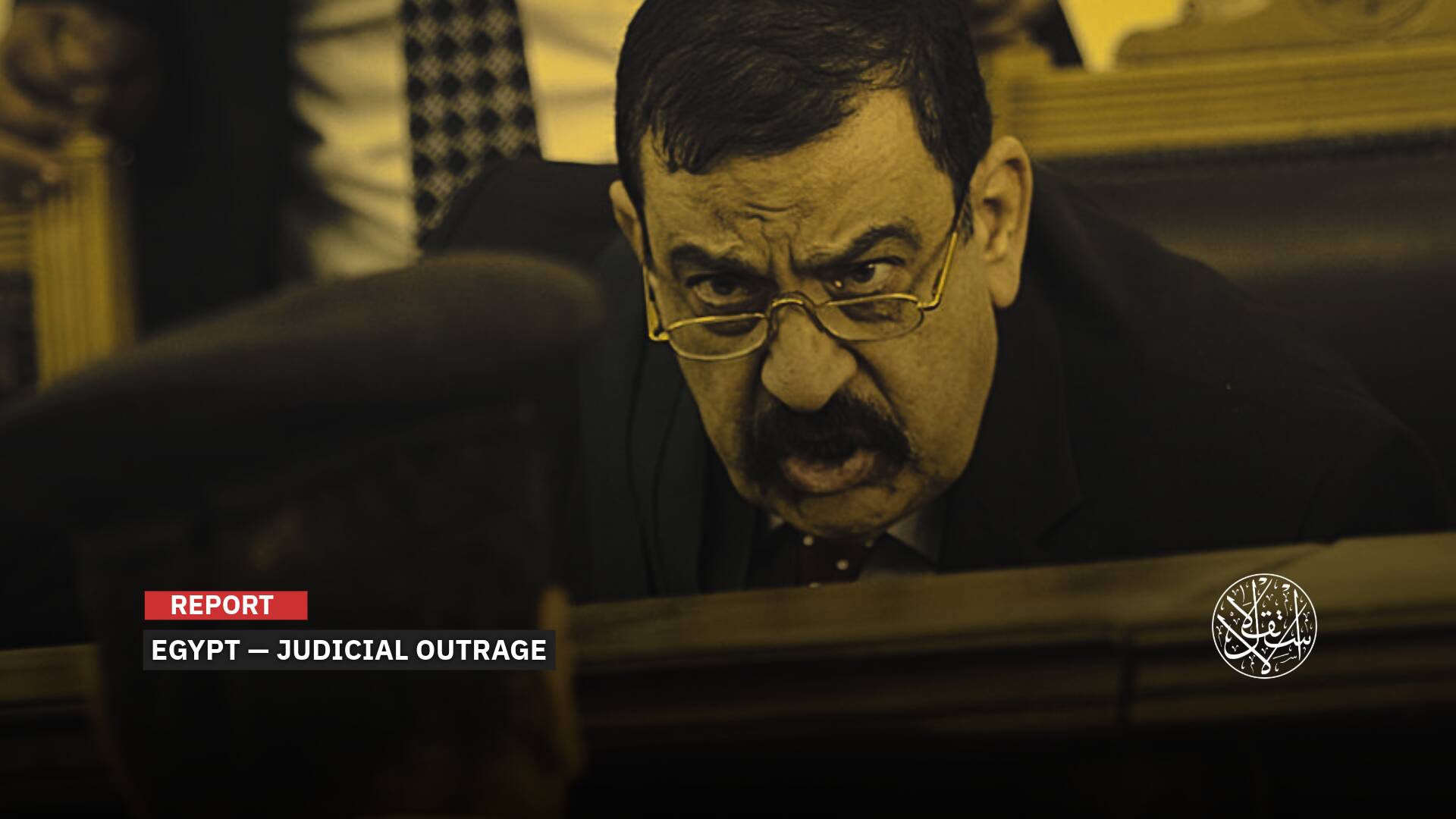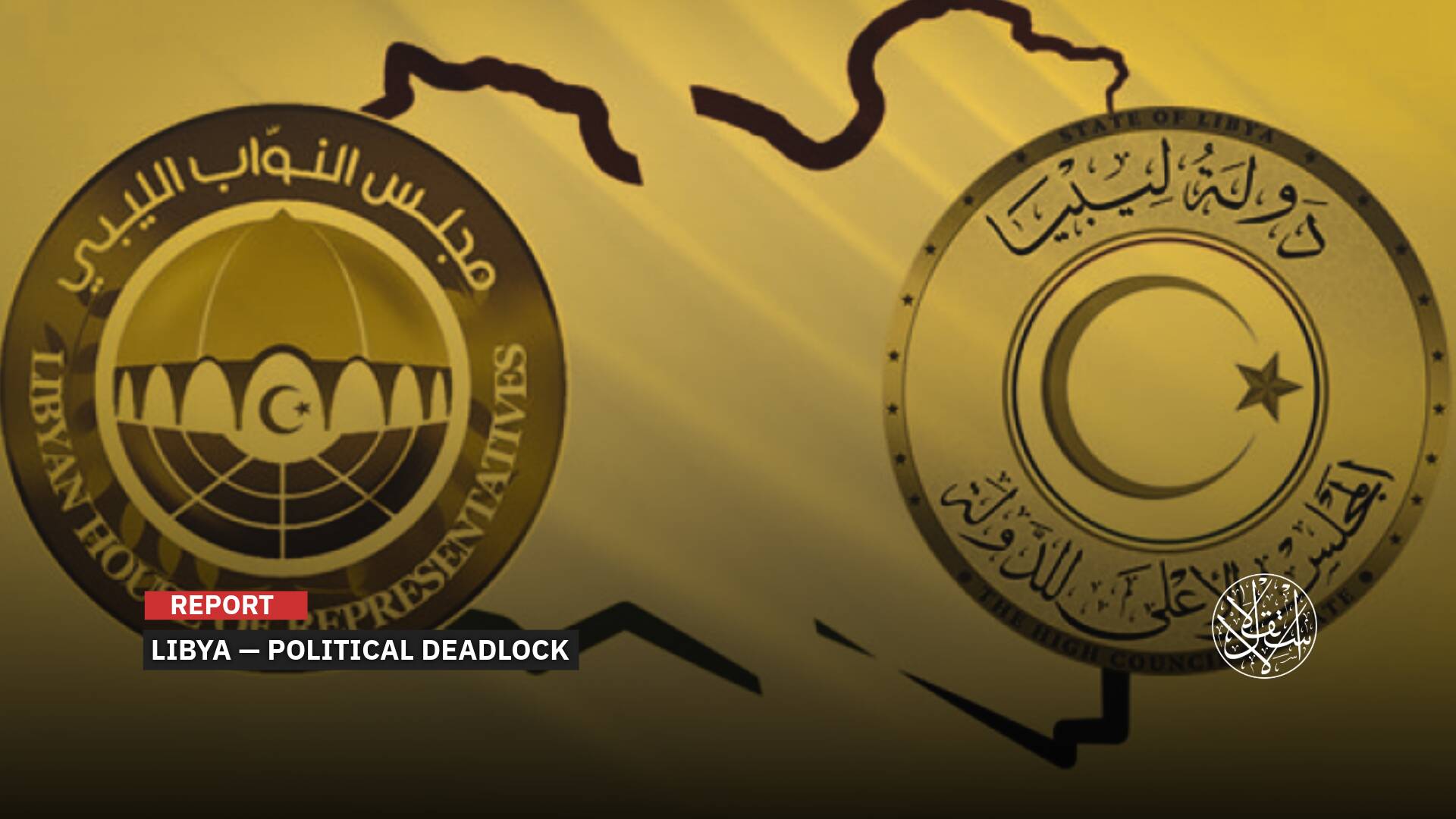How Does 'Israel' Oppress Palestinians in Canada?

“Project Resolute” misapplies "hate crime" charges against Palestinian solidarity activists.
A clandestine committee within Ontario's Ministry of the Attorney General has been accused of lending "politically-motivated" support to Toronto police in their crackdown on pro-Palestine activism, an investigation by The Breach has uncovered.
Since October 7, this committee has reportedly pushed for harsher criminal charges against individuals participating in peaceful protests and resisted efforts to drop charges, multiple lawyers told The Breach.
Formed in 2019, the committee, known as the Hate Crime Working Group, consists of nearly two dozen Crown prosecutors. Some of these members have made public comments reflecting pro-Israel and anti-Palestinian sentiments.
The committee's chair has publicly expressed her "commitment" to the state of “Israel”.
Another member labeled a pro-Palestinian activist as a "terrorist" and has collaborated with a group of lawyers who staunchly defend Israel's military actions in Gaza, actions that have resulted in the deaths of 38,000 Palestinians.
In a notable 2021 incident, during a protest outside the Israeli consulate in Toronto, the Hate Crime Working Group's prosecutors had more direct access to consulate staff than the police did.
Officially, the committee's role is to advise police on applicable criminal charges in "hate-related" investigations and to provide training and education to police across the province. However, The Breach's investigation suggests it wields significant behind-the-scenes influence.
The committee has reportedly intervened in cases of pro-Palestinian protest activity that did not pertain to hate crimes, "interfering" with their outcomes, according to one lawyer who spoke to The Breach.
These cases were on track for charge withdrawals before the committee's intervention, which instead pushed for trials, more severe charges, or stricter conditions on protests.
Project Resolute
“Project Resolute” is a Toronto police operation that experts argue has misapplied "hate crime" charges against Palestinian solidarity activists.
The Hate Crime Working Group has been closely collaborating with Project Resolute, providing legal support for the aggressive targeting of the Palestinian solidarity movement, including conducting nighttime raids on activists' homes.
The police have pursued "hate crime"-related charges against a man who displayed a Palestinian socialist party’s flag and several activists who protested at an Indigo bookstore against its CEO, Heather Reisman. Reisman’s foundation has donated millions of dollars to support Israeli soldiers.
Joshua Sealy-Harrington, an assistant professor of law at Toronto Metropolitan University (TMU), described the revelations as "alarming."
"Police have long searched for alibis to expand their authority to criminalize Palestinian solidarity and decolonial activism," Sealy-Harrington said. "This Hate Crime Working Group appears to be aiding them by labeling political opponents of the Israeli state as 'hateful.' The term is intentionally vague to allow for the arbitrary exercise of state and police power."
All the lawyers who spoke to The Breach requested anonymity, fearing that their comments might negatively affect other cases they are handling.
The Hate Crime Working Group operates under a veil of secrecy. The Crown Prosecution Manual, published by the Attorney General’s office to explain the criminal process, makes no mention of the group's existence.
"The secrecy surrounding the group is galling," Sealy-Harrington remarked. "If this group really were about principled enforcement of the Criminal Code, it would embrace transparency to reassure the public that it is credible. Its secrecy, instead, makes clear that it is politicizing prosecutions and evading accountability."
A memo recently written by Assistant Deputy Attorney General Randy Schwartz to Ontario police chiefs, which was accidentally posted on the Windsor Police Services Board's website, lists the current members of the Hate Crime Working Group.
The group’s co-chair, Crown prosecutor Karen Shai, has expressed her connection to Israel in an interview about her time at Hebrew University.
"My love for, and commitment to, the state of Israel was further deepened by my time there," Shai said.
Another member, Rochelle Direnfeld, signed a petition by the Centre for Israel and Jewish Affairs, demanding that the Canadian government add the Palestinian prisoners solidarity organization, Samidoun, to its list of terrorist entities.
In early June, Direnfeld referred to a pro-Palestinian activist, Naveed Awan Bahadur, as a "terrorist."
Last week, Direnfeld presented on "leveraging Criminal Law for Critical Action" to a pro-Israel group called Lawyers Combating Antisemitism.
Lobbying Committee
The committee, Schwartz wrote, is available to provide pre-charge advice to police in all hate-related investigations.
However, the committee’s involvement has extended beyond the pre-charge stage, continuing well after charges have been filed.
According to the lawyers who spoke to The Breach, this intervention has undermined the discretion of Crown prosecutors to manage cases as they see fit, including the decision to drop charges.
In December, the Ministry of the Attorney General required law students with upcoming jobs there to sign a form confirming they had not joined an open letter at Toronto Metropolitan University (TMU) expressing solidarity with Palestinians in Gaza.
Experts criticized this screening policy, arguing that it penalized students who supported Palestinian causes.
Even before the recent increase in public mobilization against the Israeli occupation’s treatment of Palestinians, the Hate Crime Working Group had intervened in cases of solidarity activism.
In 2021, David Mivasair, a rabbi and member of Independent Jewish Voices, was charged with mischief for pouring red paint on the steps of the Israeli consulate in Toronto.
The paint, washed away within half an hour, symbolized a “river of blood,” according to Mivasair. The protest came a week after Israeli military actions in Gaza killed 260 people and destroyed residential buildings.
The charge against Mivasair was minor, typically resolved with community service or a charitable donation.
His lawyer argued that the action was protected by the Charter’s guarantee of freedom of expression and should never have resulted in charges.
However, the handling of the case by the Crown was unusual. Two high-ranking prosecutors, Direnfield and Kim Motyl, both members of the Hate Crime Working Group, were assigned to the case, which dragged on for many months.
During the proceedings, Crown prosecutors claimed that Mivasair’s action caused the Israeli consulate staff to fear for their safety.
This claim was also unusual. The police had unsuccessfully tried to contact the consulate to solicit these views, but the prosecutors, members of the Hate Crime Working Group, had a direct line to the consulate.
Ultimately, Mivasair’s charges were dropped as part of a broader effort to withdraw minor charges during the pandemic to prevent the legal system from becoming overwhelmed.


